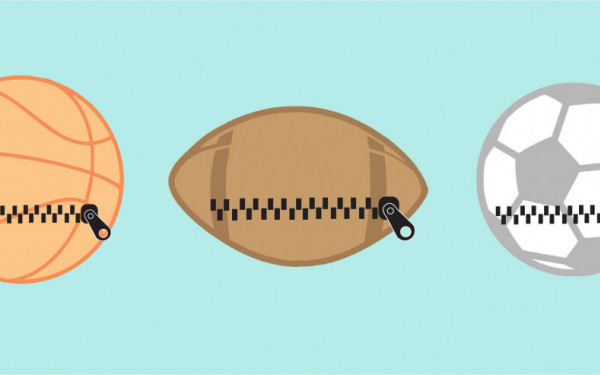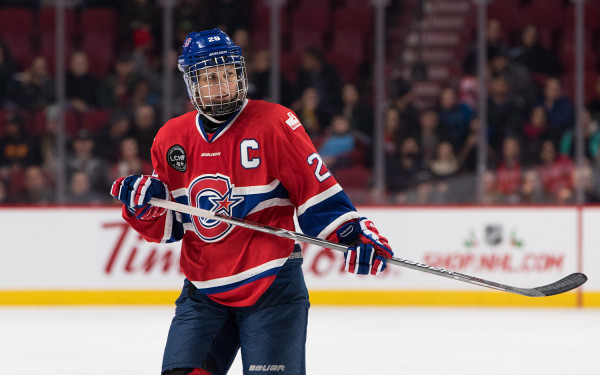Shut Up And Dribble: Hockey Canada Comes Up Short Addressing Sexual Assault Allegations
The Organization Struggles to Regain Public Faith
Do complainants have to relive traumatic events through the media over and over again before Hockey Canada is ready to take some responsibility?
Four years have passed since a woman in London Ontario approached a detective and recounted the events of the night of June 18 2018. The complainant, known only as E.M., described the fear she felt after meeting a Team Canada hockey player at a bar after a gala. She spent the night at the establishment with the player, where he introduced her to several of his teammates. She alleges that the players in question proceeded to buy her rounds of drinks and shots, and she then eventually left the bar with the first player to accompany him to his hotel room.
After the two of them engaged in consensual sexual activities, the player invited seven of his teammates into the room. The men, all unidentified, showed up carrying golf clubs, and allegedly would not let her leave when she attempted to.
Lawyers of the accused players say that a video taken the night of clearly shows the woman stating that she is sober and that she consents to their actions, but E.M. insists that she was forced to say those things. I imagine many others share the same outlook on this as I do–someone would likely only feel the need to film someone giving consent if you were seriously questioning the situation to begin with.
Though this particular incident has brought to light the lack of adequate action taken by Hockey Canada regarding sexual misconduct, it is far from the first.
Since 1989, Hockey Canada has paid out $8.9 million to 21 victims of sexual assault. And while that number alone is staggering, the realization of how they have accessed that money may leave you slightly speechless.
Of the $8.9 million, $7.6 million were accessed through the league’s National Equity Fund. They paid out 20 victims from the fund, nine of them covering sexual assault allegations. Since the use of the controversial fund has come to light, there has been huge backlash from the public. The fund has been maintained by registration fees and has been used to cover uninsured liabilities, such as sexual assault. Even Prime Minister Justin Trudeau has called the actions of the organization “absolutely unacceptable.”
When Hockey Canada launched a third-party investigation after the allegations were made, players had the choice to opt-out of being involved. — Allyson Brownie
In response to the public’s reaction to the use of the fund, Hockey Canada has since stated that it will now be used exclusively toward wellness, safety and equity initiatives along with insurance throughout the organization. Meanwhile, companies such as Scotiabank, Tim Hortons, and Imperial Oil have said they will pause sponsorships with the organization.
Though Hockey Canada continues to press that they took the appropriate steps once made aware of the allegations, details of how they handled the matter continue to upset almost anyone with a conscience. Canada’s Minister of Sport, Pascale St-Onge, said she was only made aware of the incident in May when Hockey Canada CEO, Tom Renney, called to warn her that TSN would be breaking the news.
You can’t help but wonder how something so serious can be kept from the public eye, let alone the Minister of Sport, for the better part of four years.
But money talks.
Hockey Canada is one of the nation’s wealthiest sporting organizations and received $14 million in federal funding during the pandemic. St-Onge has voiced concerns many of us are having: Has the organization been using public funds to help cover up sexual misconduct?
And if the possibility of that being true doesn’t upset you enough, the organization has also been coming up short on holding the assailants accountable for their actions. When Hockey Canada launched a third-party investigation after the allegations were made, players had the choice to opt-out of being involved.
Public scrutiny on the matter has pushed Hockey Canada to reopen their investigation, finally making participation by the players in question mandatory; otherwise, they will be banned from all activities and programs. In addition to this, all players, coaches, and team staff are required to participate in sexual violence and consent training (something that should have already been implemented, but I digress).
St-Onge has put a freeze on federal funding until Hockey Canada meets two conditions; (1) disclose the recommendations of improvement given by Henein and Hutchison, the private law firm they hired for their third-party investigation, and (2) become signatories to the office of the sports integrity commissioner.
While these steps are certainly ones in the right direction, it’s tough to argue that they haven’t been taken simply because the allegations have come to light. Hockey Canada may have a long road ahead of them to win back the public’s trust.


_600_832_s.png)

_600_375_90_s_c1.jpg)
2_600_375_90_s_c1.jpg)
4_600_375_90_s_c1.jpg)
